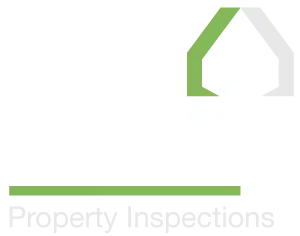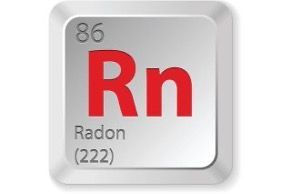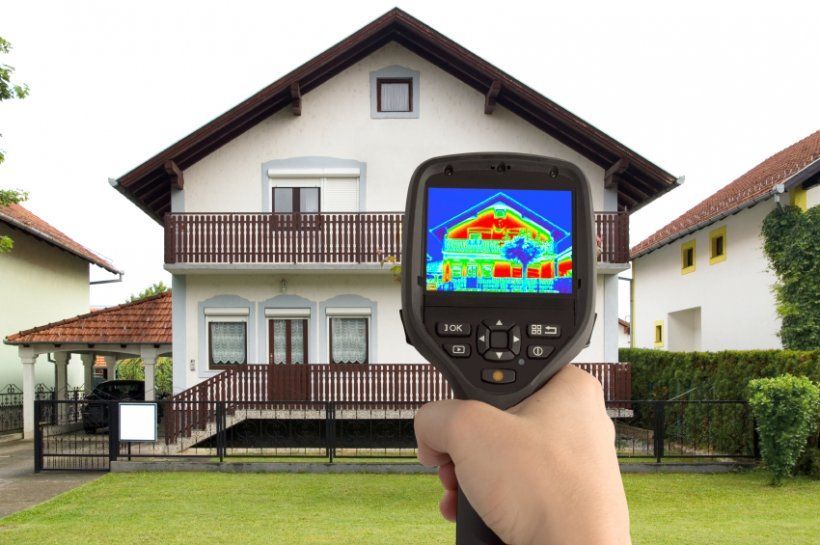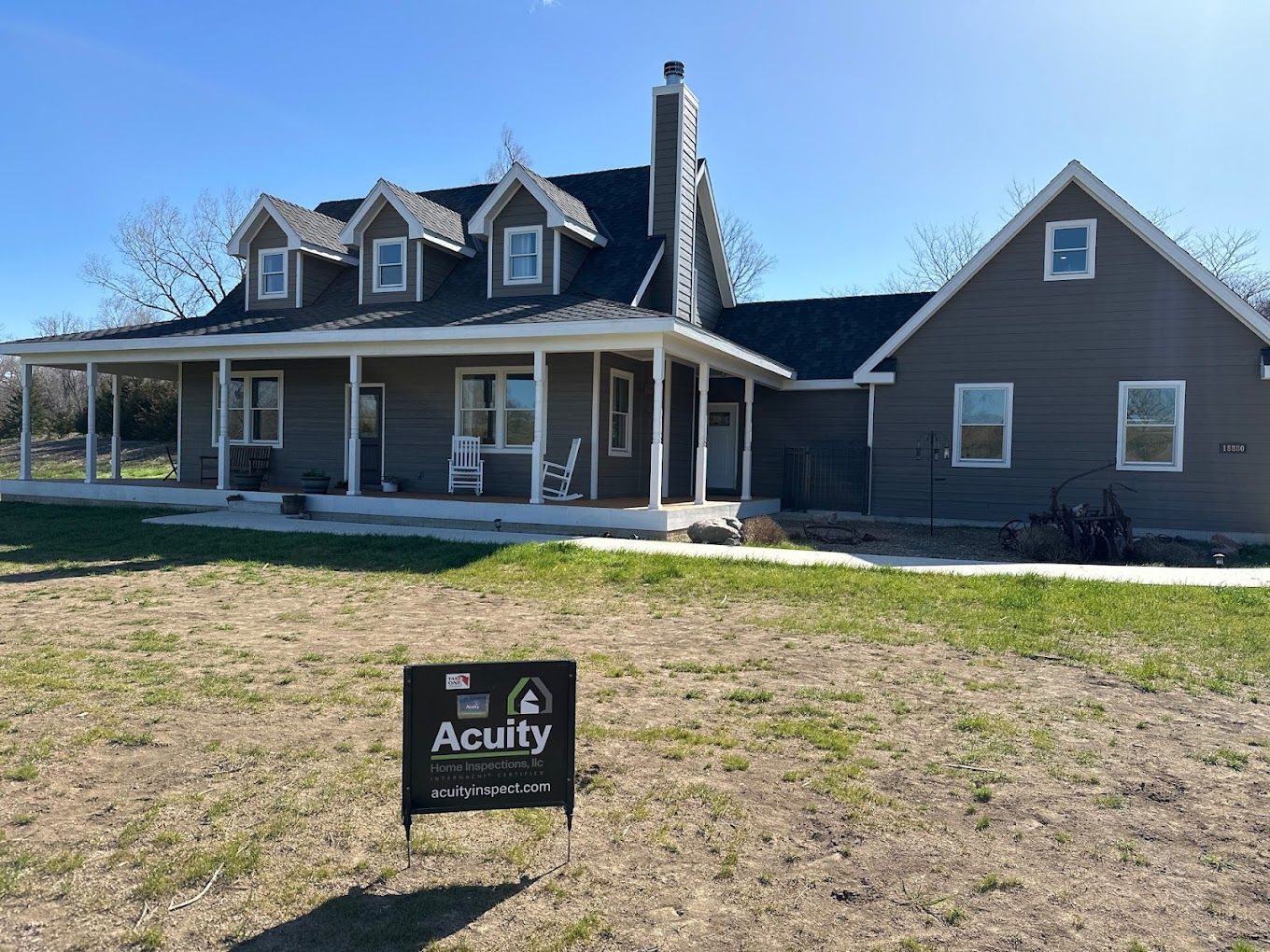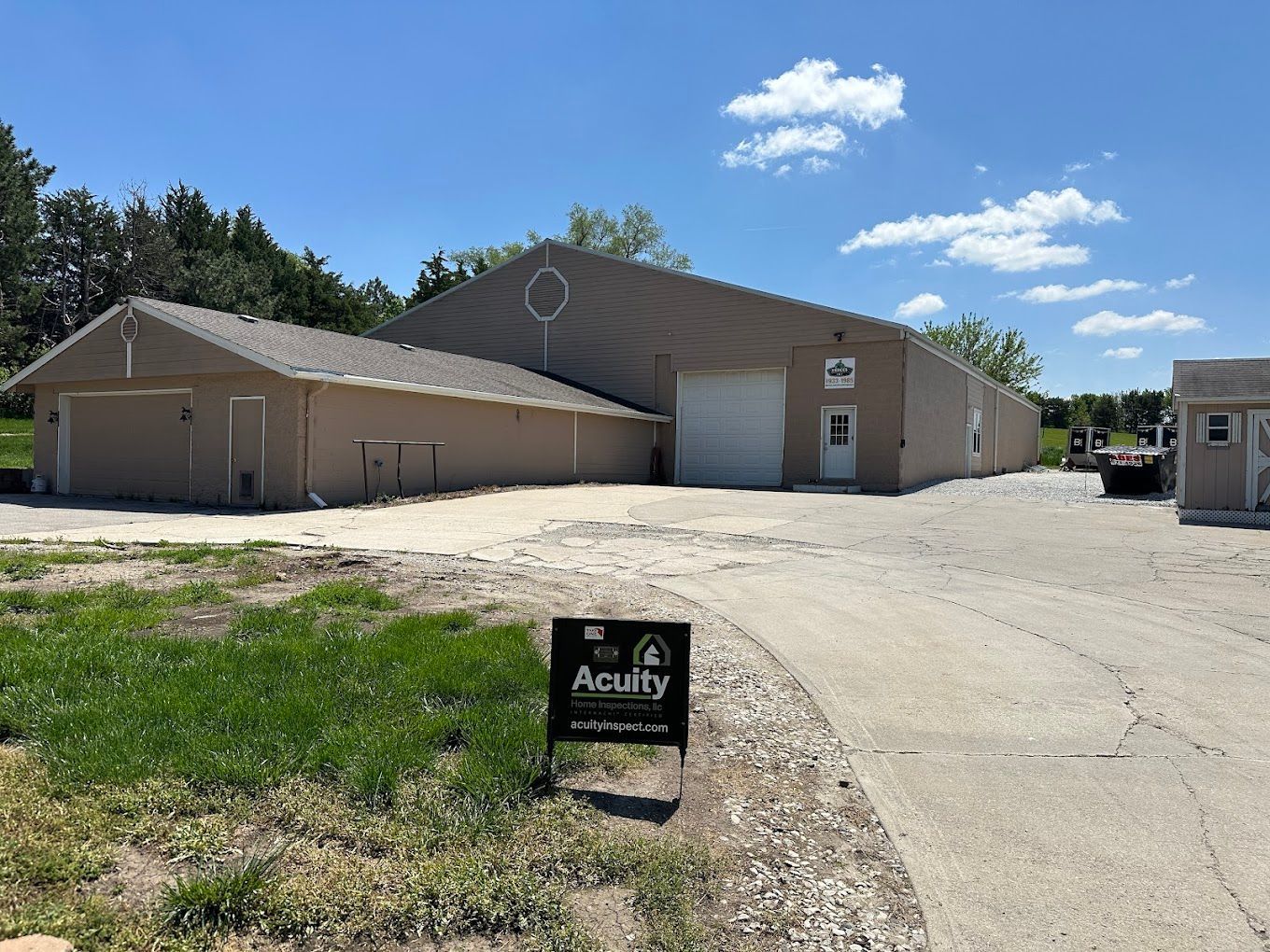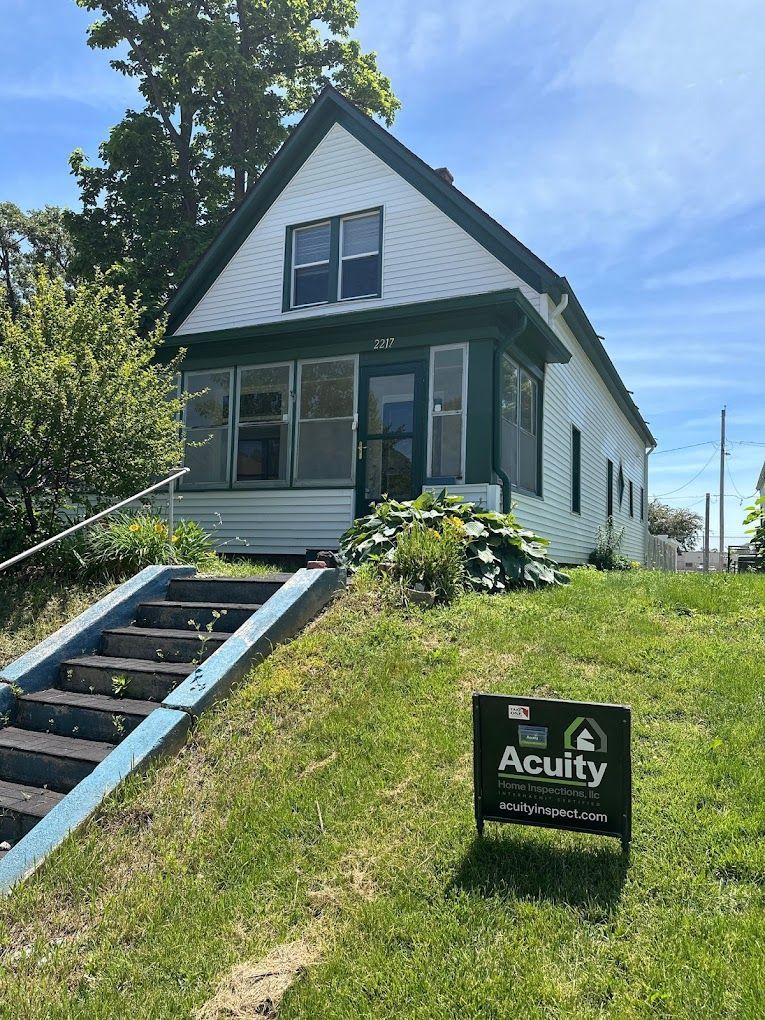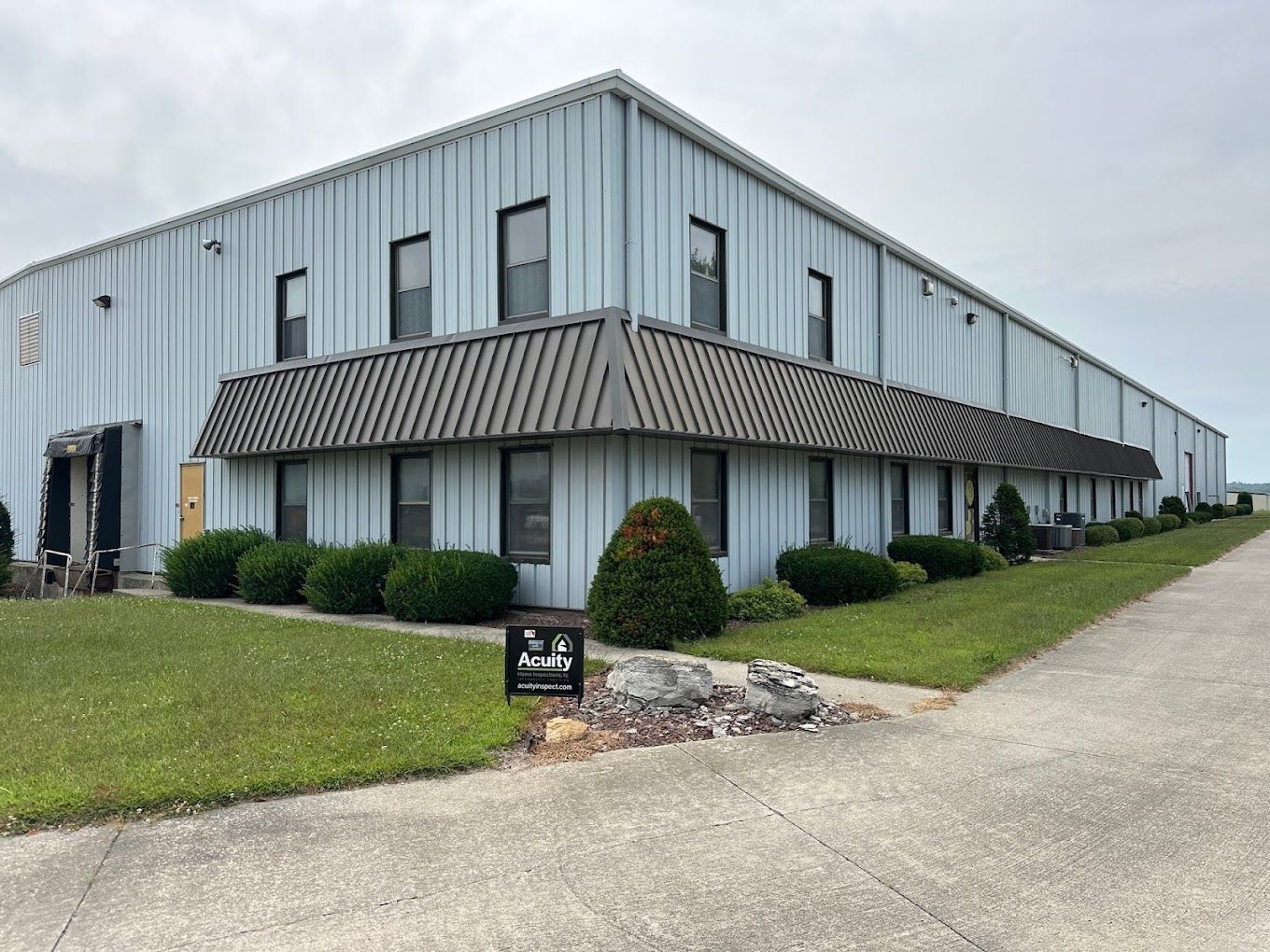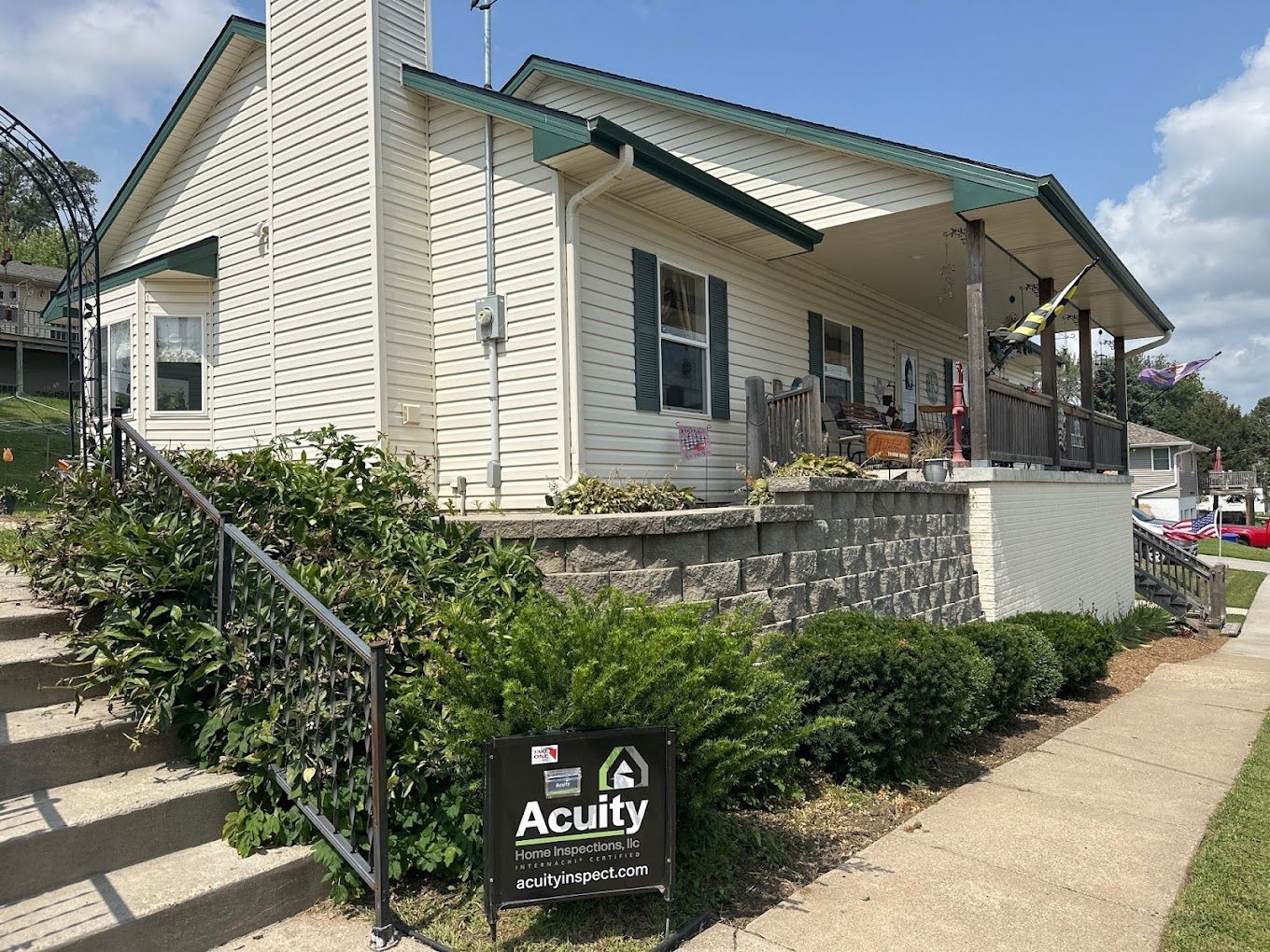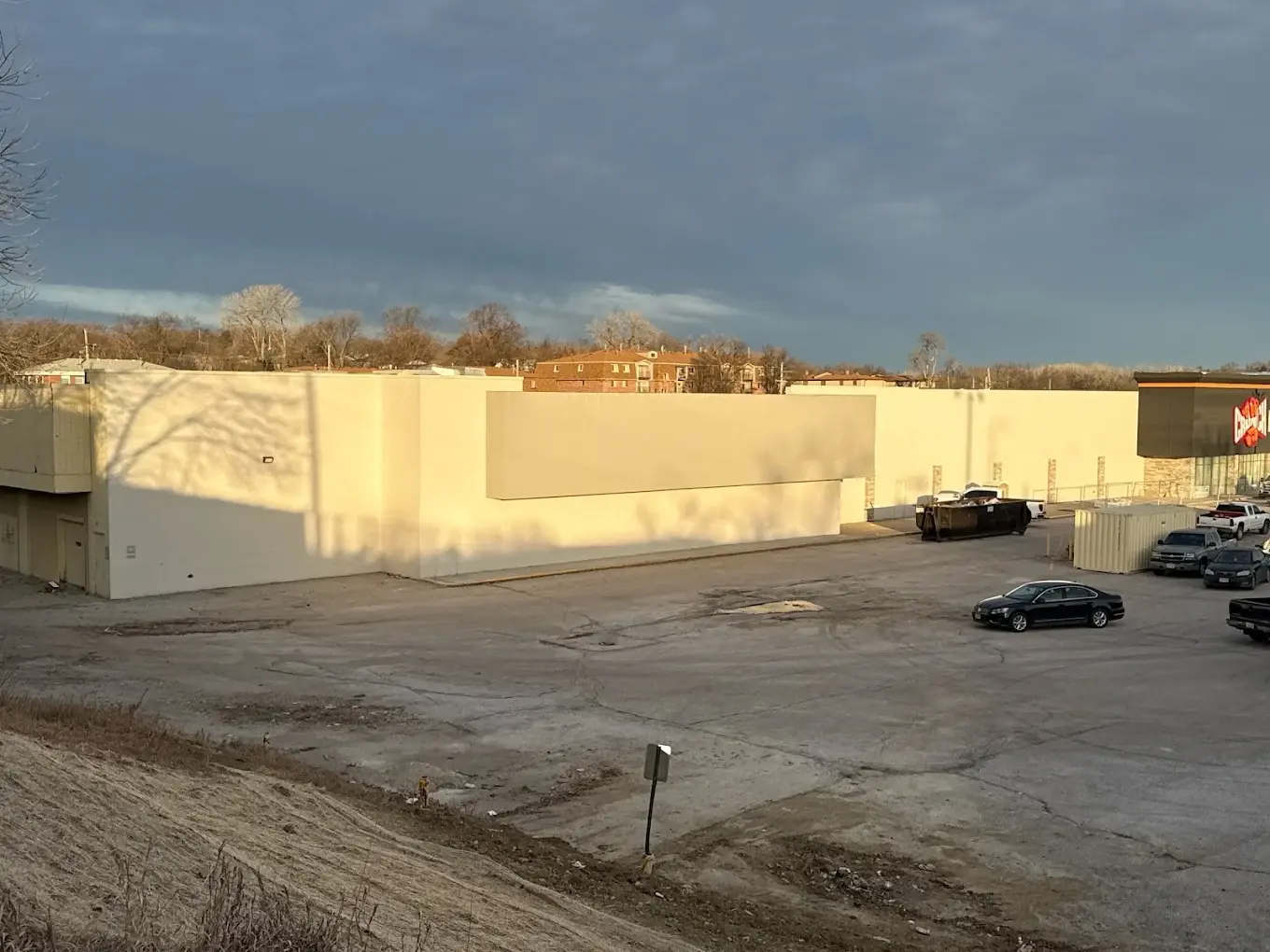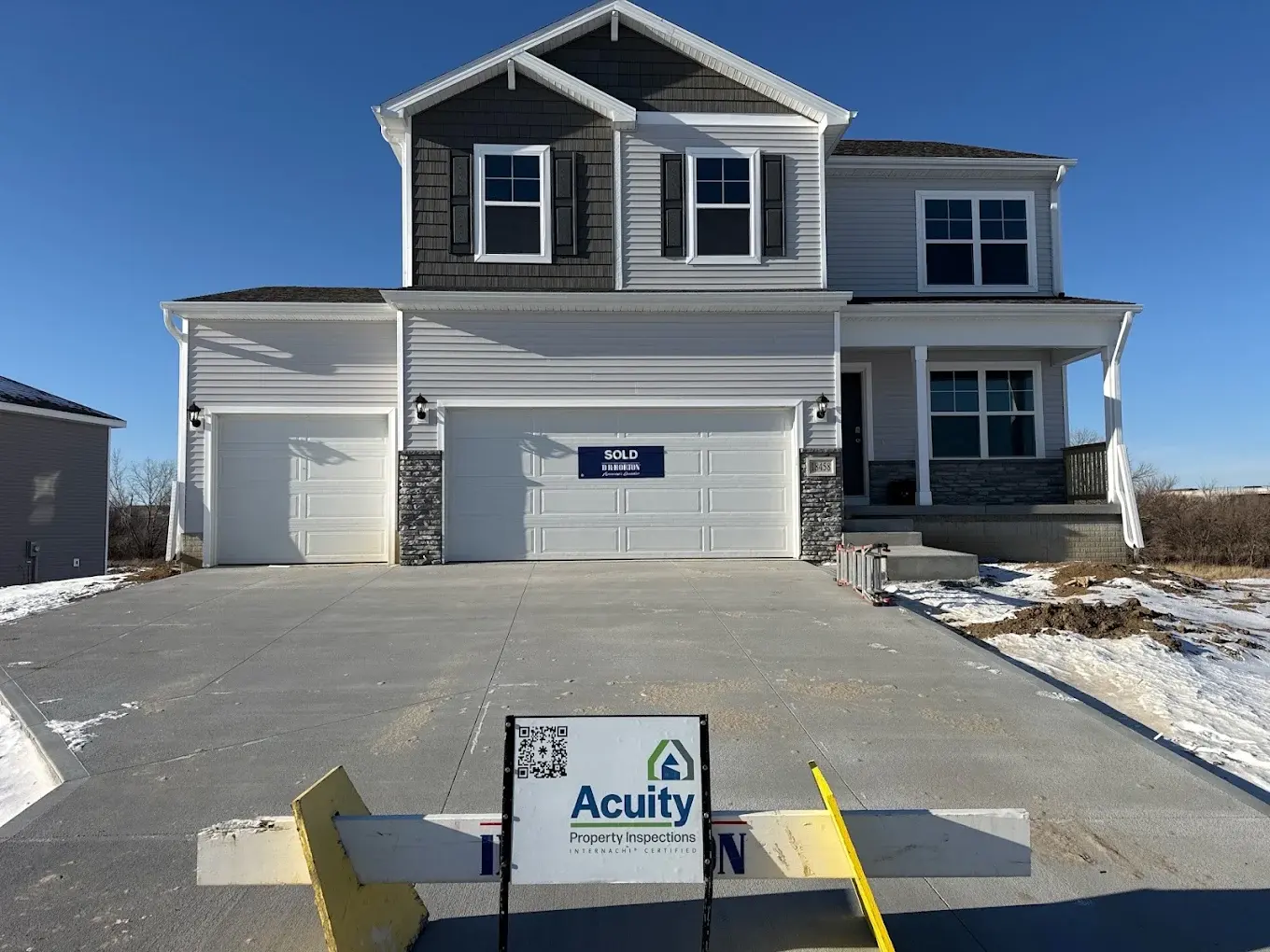Know the Life Expectancy of Your Home Systems and Appliances
Helping you plan and budget.
When it comes to homeownership, understanding the life expectancy of various home systems and appliances is crucial. Not only does this knowledge help in making informed decisions when purchasing a home, but it also aids in planning for replacements and repairs. At Acuity Home Inspections, we believe in empowering homeowners and potential homebuyers with this vital information.
1. Roofing Systems
The lifespan of your roof largely depends on the material used and local weather conditions. Asphalt shingles, commonly used in our region, can last 20 to 25 years with proper maintenance. On the other hand, metal roofs can serve you well for 40 to 70 years.
2. HVAC Systems
The heating, ventilation, and air conditioning (HVAC) system is the heart of a comfortable home. On average, furnaces have a life expectancy of 15 to 25 years, while central air conditioners can last 7 to 15 years. Regular service and maintenance can extend their lifespan and ensure efficient performance.
3. Water Heaters
A standard tank water heater can last anywhere from 6 to 12 years. Tankless or on-demand water heaters have a longer life expectancy, typically around 20 years.
4. Kitchen and Laundry Appliances
Refrigerators: With proper care, most refrigerators can last 10 to 15 years.
Dryers: Like washing machines, dryers can serve you for 8 to 12 years.
Ovens and Stoves: Gas ranges tend to last 15 to 20 years, while electric ones have a life expectancy of 10 to 15 years.
Garbage Disposal: Depending on usage, can last 10-12 years.
Washing Machines: These usually have a lifespan of 8 to 12 years.
5. Flooring
The durability of your flooring depends on the material. Hardwood floors can last a century with proper care, while carpeting typically needs replacement every 8 to 10 years.
6. Windows
High-quality windows can last up to 20 years or more. However, factors like weather conditions in Douglas and Sarpy Counties can influence their longevity. Additionally, the lower insulative value of older windows can mean higher utility costs and may justify replacement, even if they seem to be working fine.
7. Electrical Systems
Wiring: The lifespan of home wiring largely depends on when the house was built, and the type of wiring used. Homes built before the 1960s might have cloth-wrapped wiring, which can degrade over time and pose a fire risk. Such wiring should be inspected and possibly replaced. Modern homes typically use non-metallic (NM) cable or copper wiring, which can last 50 years or more with proper maintenance.
Circuit Breakers: These essential safety devices can last 30 to 40 years. However, having them inspected every few years is crucial to ensure they function correctly, especially if you notice frequent tripping or other electrical issues. Additionally, some off-brand or discontinued manufacturers of circuit breakers and panels have been found to be more prone to failure and potential hazards. We recommend a comprehensive inspection of anything older than 20 years to verify the status and condition of these components.
Outlets and Switches: Regularly used outlets and switches can wear out in about 10 to 15 years. It's advisable to replace any outlets that appear discolored, feel warm, or don't hold plugs securely.
Light Fixtures: While the fixture itself can last several decades, the wiring within might degrade, especially in high-humidity areas like bathrooms. It's a good practice to inspect light fixtures every 10 years.
Understanding the life expectancy of home systems and appliances is essential for effective homeownership. A Home Maintenance Inspection can help identify potential issues before they escalate, saving time and money in the long run. At Acuity Home Inspections, we're committed to providing homeowners and potential buyers in Omaha, Elkhorn, Gretna, and Millard with the knowledge they need to make informed decisions. Contact us today for your FREE Life Expectancy Chart, which provides detailed longevity information for every aspect of your home.

